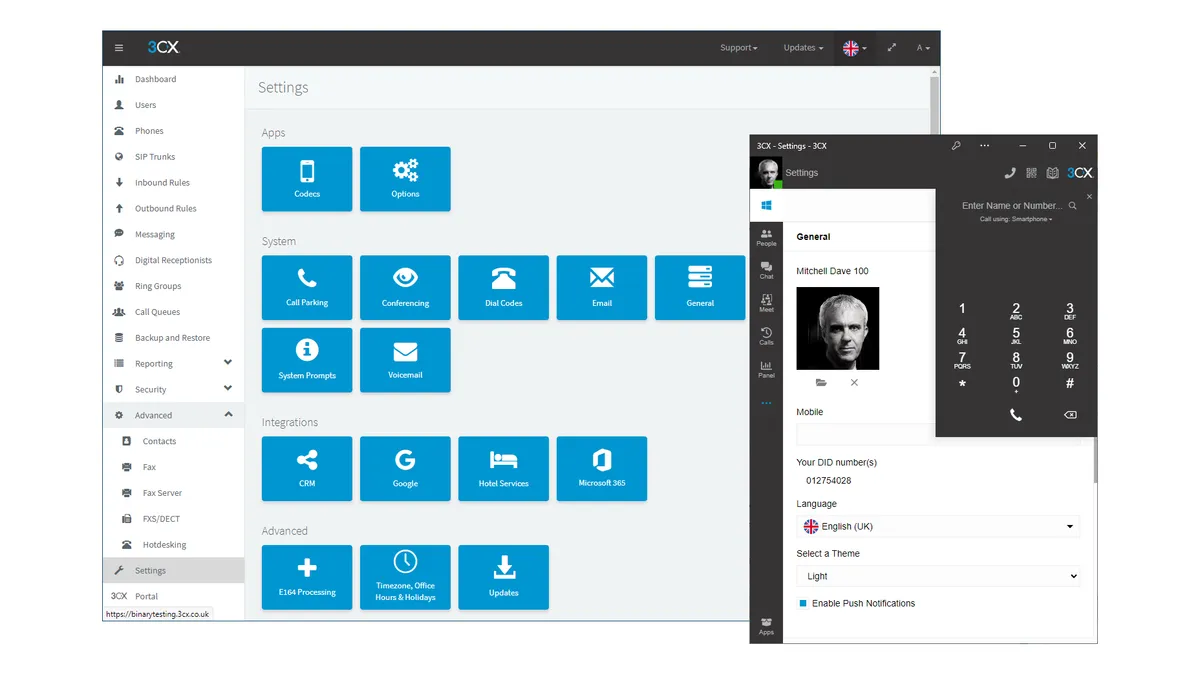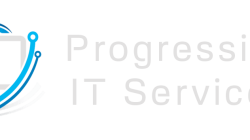Call center computer software is at the forefront of revolutionizing customer service and operational efficiency. As businesses strive to provide exceptional support while managing costs, this technology plays a crucial role in bridging communication gaps and optimizing workflows. By integrating advanced tools, call centers can ensure smoother interactions between agents and customers, leading to enhanced satisfaction and loyalty.
The realm of call center software encompasses various features, including automatic call distribution, customer relationship management (CRM) systems, and analytics tools, all aimed at streamlining the service process. With advancements in artificial intelligence and data analytics, these platforms are continually evolving to meet the demanding needs of modern businesses.
In today’s fast-paced world, the importance of effective communication cannot be overstated. Whether it’s in personal relationships, professional settings, or even casual encounters, the way we convey our thoughts and feelings plays a crucial role in how we connect with others. This article will explore various aspects of communication, delving into its significance, components, and tips for improving one’s skills in this essential area.To begin with, let’s define what we mean by communication.
At its core, communication is the process of exchanging information, ideas, thoughts, or feelings between individuals. This exchange can take many forms, including verbal communication (spoken or written), non-verbal communication (body language, facial expressions), and visual communication (images, symbols). Each of these forms has its nuances and can significantly impact the message being conveyed.One of the primary reasons effective communication is crucial is that it fosters understanding.
When people communicate clearly, it reduces the likelihood of misunderstandings and conflicts. For instance, in a workplace environment, clear communication can enhance teamwork, boost morale, and improve overall productivity. Team members who understand their roles and responsibilities are more likely to work harmoniously towards common goals.Moreover, effective communication builds trust. In both personal and professional relationships, trust is fundamental. When individuals are transparent and honest in their communications, it creates a safe environment where others feel comfortable sharing their thoughts and opinions.
This openness can lead to stronger bonds and a more collaborative atmosphere, whether among colleagues or friends.Another significant aspect of communication is its role in persuasion. Whether you’re trying to convince a colleague to support your project proposal or discussing an important issue with a friend, the ability to articulate your thoughts persuasively is invaluable. Persuasion is not merely about presenting facts; it involves understanding your audience and tailoring your message to resonate with them.
This requires active listening, empathy, and an awareness of how your words might be interpreted.In addition to being a tool for understanding and persuasion, communication also serves as a means of expressing one’s emotions. Many people struggle to articulate their feelings, which can lead to frustration and even conflict. Learning to communicate emotions effectively is vital for maintaining healthy relationships.

It allows individuals to express their needs and desires openly, leading to deeper connections with others. For example, saying “I feel neglected when we don’t spend time together” is often more constructive than expressing frustration through non-verbal cues or passive-aggressive behavior.Now that we’ve established the importance of communication, let’s discuss its key components. Effective communication typically involves several critical elements: clarity, conciseness, coherence, and the appropriate tone.Clarity refers to how clearly one expresses their ideas.
Using simple language, avoiding jargon, and being specific can enhance clarity. For instance, instead of saying, “We need to optimize our workflow,” a clearer statement might be, “We should find ways to make our project meetings more efficient.” This straightforward approach leaves little room for ambiguity.Conciseness is about delivering your message without unnecessary words or filler. In a world where people are constantly bombarded with information, being concise is key to maintaining attention.
A concise message respects the audience’s time and makes it easier for them to grasp the main points quickly.Coherence ensures that the ideas presented in a conversation or written piece make sense and flow logically. A well-structured argument or narrative helps the audience follow along without confusion. For example, when presenting a business strategy, it is beneficial to Artikel the problem, propose a solution, and then explain the benefits of that solution in a logical sequence.Finally, the tone of your communication can significantly affect how your message is received.
The tone should match the context and relationship with the audience. For professional settings, a formal tone may be appropriate, while a more casual tone could be suitable for friendly conversations. Adjusting your tone based on your audience shows respect and consideration for their perspective.To improve your communication skills further, consider the following tips:
1. Practice Active Listening

Truly listen to what others are saying without planning your response while they’re talking. This shows respect and helps you understand their point of view better.
2. Be Mindful of Non-Verbal Cues
Pay attention to body language, eye contact, and facial expressions, both in yourself and others. These cues can convey as much meaning as words.
3. Seek Feedback
After conversations or presentations, ask for feedback on your communication style. This can help you identify areas for improvement.
4. Adjust Your Communication Style
Different people have different communication preferences. Being able to adapt your style to fit your audience can make your messages more effective.
5. Practice Empathy
Try to understand the emotions and motivations behind others’ words. This can enhance your ability to respond thoughtfully and build stronger connections.
6. Read and Write Regularly
Engaging with various forms of literature can improve your vocabulary and help you practice articulating your thoughts more clearly.In conclusion, effective communication is a fundamental skill that influences all aspects of our lives. From fostering understanding and trust to enabling persuasion and emotional expression, the ability to communicate well can lead to more fulfilling relationships and greater success in professional endeavors.
By focusing on clarity, conciseness, coherence, and tone, along with actively listening and adapting our communication styles, we can enhance our interactions with others. Remember, communication is not just about speaking; it’s about connecting, understanding, and building bridges that bring people together.
Clarifying Questions: Call Center Computer Software
What features should I look for in call center software?
Key features include automatic call distribution, CRM integration, call recording, reporting and analytics, and multi-channel support.
Is cloud-based call center software better than on-premise?
Cloud-based solutions offer flexibility, scalability, and easier updates, making them often preferable for many businesses.
How can call center software improve customer satisfaction?
By enabling faster response times, personalized interactions, and efficient issue resolution through data insights.

Are there any security concerns with call center software?
Yes, data security is crucial. Look for software that includes encryption, secure data storage, and compliance with regulations like GDPR.
Can call center software integrate with other business tools?
Many call center software solutions offer integrations with various business applications, enhancing overall functionality and data sharing.









